The race to save the Vaquita porpoise amid a battle with cartels, poachers and Chinese mafia
There are only about 15 Vaquita left in the world.
In the Sea of Cortez off the coast of Mexico, there is a war in the water for the illegal fishing of the Totoaba, a large fish that's only found in this part of the world.
Totoaba are treasured on China’s black market for their swim bladder, which is often used in soups to satisfy Chinese consumers who believe the organ have medicinal properties.
But now, the fish is critically endangered. They’ve been dangerously over-fished and human activity has piled onto their plight, reducing their natural habitat.
“They call it the cocaine of the sea,” Richard Ladkani, director of the new National Geographic documentary “Sea of Shadows,” told “Nightline.” “It's worth more than gold.”
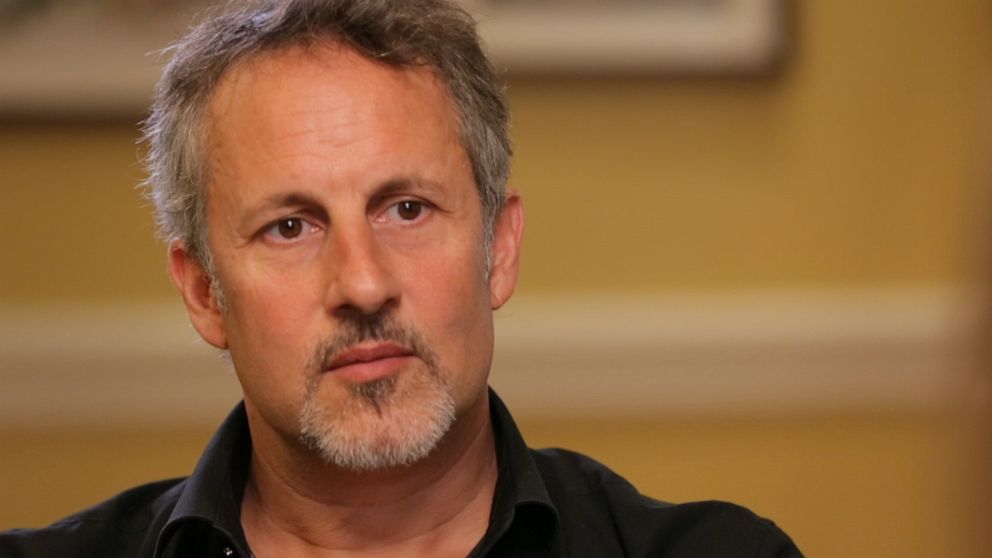
The older the animal gets, the more valuable it is, according to conservationist Andrea Crosta, who said they filmed Totoabas that sell for $100,000 each.
Those aiming to capture the fish use miles-long gillnets, which take the lives of many other marine animals in the process, particularly those that can’t breathe underwater.
“These nets are anchored to the sea floor and so they can't pull those nets up to the surface to take a breath,” Cynthia Smith, executive director of the National Marine Mammal Foundation told “Nightline.” “So, a marine mammal or a sea turtle — they're going to drown really quickly.”
Crosta said he’s seen the nets capture not only Totoaba but also turtles, fishes and birds.
The nets are also lethal for the Vaquita, a rare porpoise that is the world’s smallest marine mammal, which have been driven to the brink of extinction with less than 15 left in the world.

It’s one of the million species the United Nations recently identified as facing extinction.
Crosta, a hard-charging conservationist is the founder of Earth League International, an NGO that uses an intelligence-led approach to disrupt the chain of criminal activities that have driven this crisis. Much of his team consists of former FBI and intelligence officers.
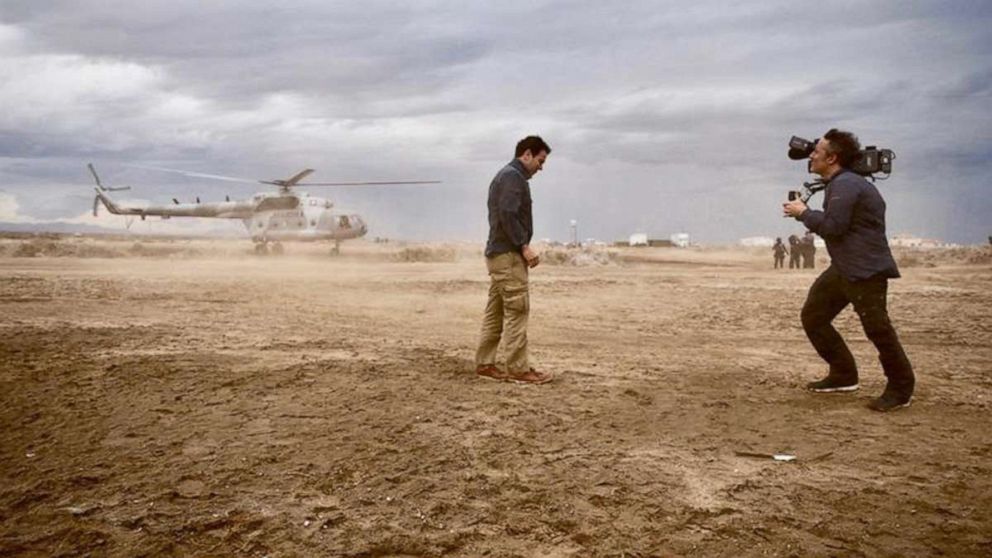
“It's highly, highly symbolic,” Crosta said about the dwindling Vaquita population. “It's like, what we are doing to the Sea of Cortez and to the Vaquita, it's a case study of what we're doing to the planet.”
“Sea of Shadows” covers this subject, bringing together the stories of a variety of groups working to rescue the Vaquita. These efforts clash — at times violently — with fishermen, the Mexican government and cartels.
“I did this other film called ‘The Ivory Game’ about the extinction of elephants…it was a very successful film in…at the end, China banned the ivory trade,” Ladkani said. “I heard about the Totoaba-Vaquita crisis from one of the characters of the film, Andrea Crosta. He's like, ‘It's symbolic of what's happening with our planet. It's the criminal syndicate joining the Chinese mafia and cartels, and they are attacking planet earth, and they are killing this ocean.’”
“From the outside it looks like an environmental story, right? But if you dive in, you understand the role of transnational crime, the narco trafficking, working with Chinese traffickers,” Crosta said. “They form what we call Totoaba cartels because they work in the same way, with the incredible power to corrupt, all over the place.”
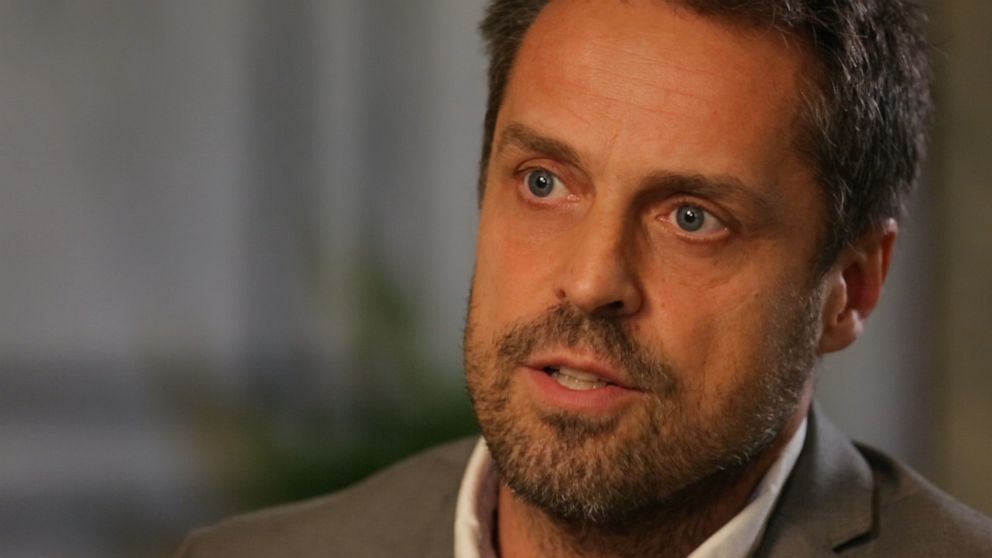
While Crosta’s team works on land, targeting the human side of the crisis, Smith leads a team of scientists trying to rehabilitate the Vaquita population.
“The speed at which the species was declining really picked up,” Smith says in the film. “There were 100, then there were 60, and then there were 30. And now there’s fewer than 30. If they stay out there we believe they’re all going to die. Unfortunately, we got here really late and there’s just no room for error.”
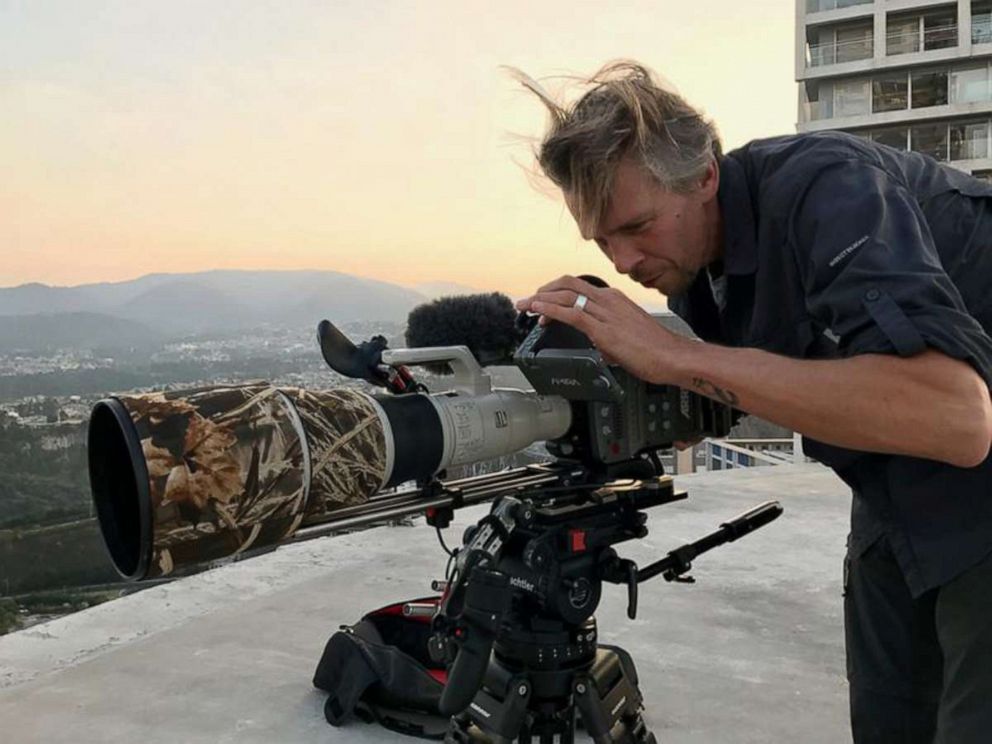
It’s a dilemma the team faced head on when, after weeks of trying, they finally spotted the elusive Vaquita.
Ladkani remembered the call he received: “’We have two Vaquitas out like three miles north of the buoy’…and everyone was racing there, and they're like, ‘Okay, this is it, this is it.’”
“Suddenly it was there. It was real. It was in front of us. No myth, no ghost,” he said. “And my God, we all fell in love with it, you know? It was an amazing experience to be so close to an animal that never had ever been close to, nobody had ever touched alive.”
But despite their efforts, the Vaquita did not survive. She died of a heart attack hours after being captured.
“It's still hard to talk about… I'm a veterinarian. Our team is a big group of veterinarians and scientists and I don't know that I've ever been through something quite so difficult in my career, and the whole team, I feel that with all of us,” Smith said. “I've thought a lot about, ‘Why is that? What's different about this?’ And I think it's because the night that we lost that animal, it just felt like the whole species was slipping away from us.”
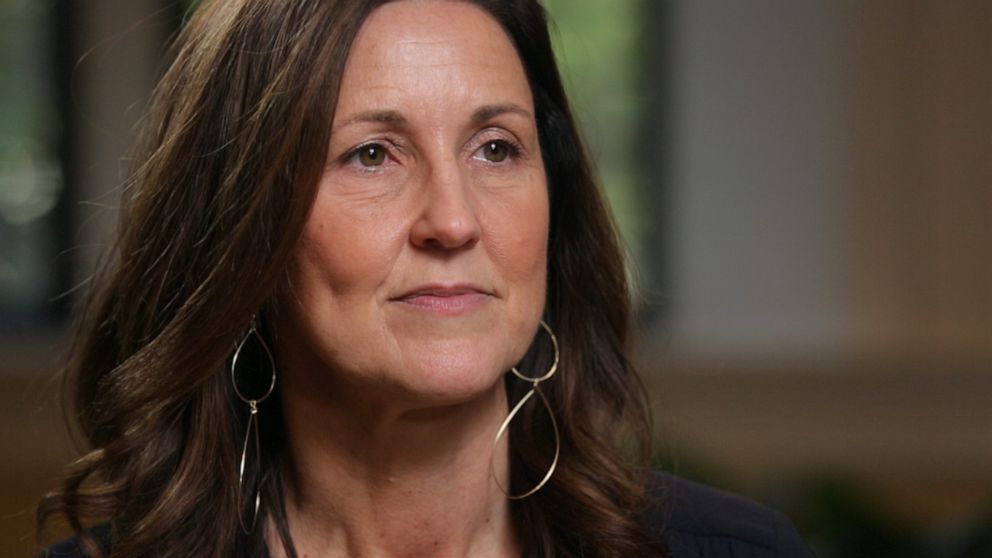
The stakes couldn’t be higher. The film’s team joined the crew aboard the Sea Shepherd, known around the globe for its full throttle tactics to protect the environment.
“Then we had Sea Shepherd, who are the frontline warriors. They pull nets, they have three ships there,” Ladkani said. “Very young, super motivated people who go out there and stand up to the cartel on the frontline, and that is very dangerous.”
The crew is now fighting against overwhelming odds to save the Totoaba from extinction, frequently tangling with poachers in their fight.
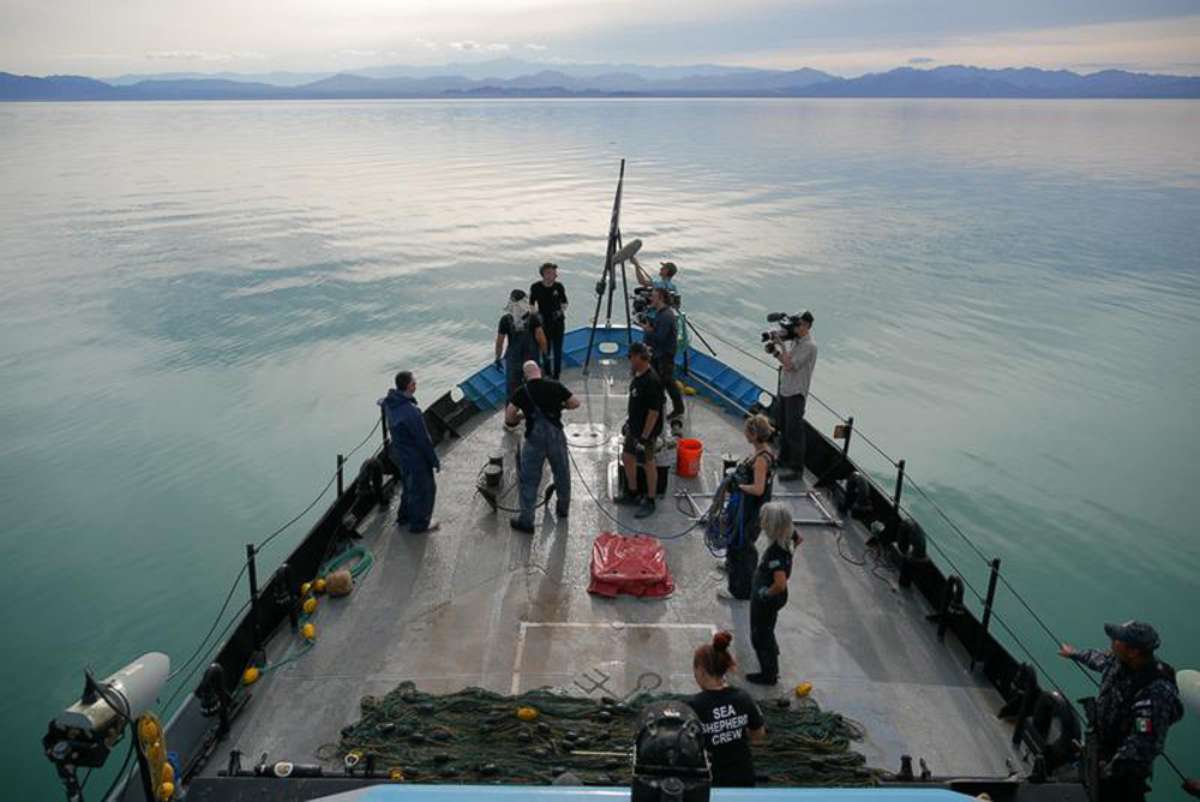
“Their drone gets shot down, they get attacked on a regular basis,” Ladkani said. “There was a Molotov cocktail attack a few months back where they were being chased by 50 Panga [boats] and they threw Molotov cocktails onto their ships.”
Crosta said that the Vaquita might only last another six to eight months.
“We need to stop the illegal [fishing]… in December. If they go out again, it will most likely be the end of it. There will be no more Vaquitas,” Ladkani explained.
“We can't give up. We cannot give up on Vaquitas. We can't give up on the Sea of Cortez. We can't give up on the planet,” Smith added. “We need everyone to get inspired and maybe a little mad and [say], like, ‘What can I do myself differently today that can contribute to turning this around?’ Everybody has that option. Everybody has something just a little different they can do today.”




